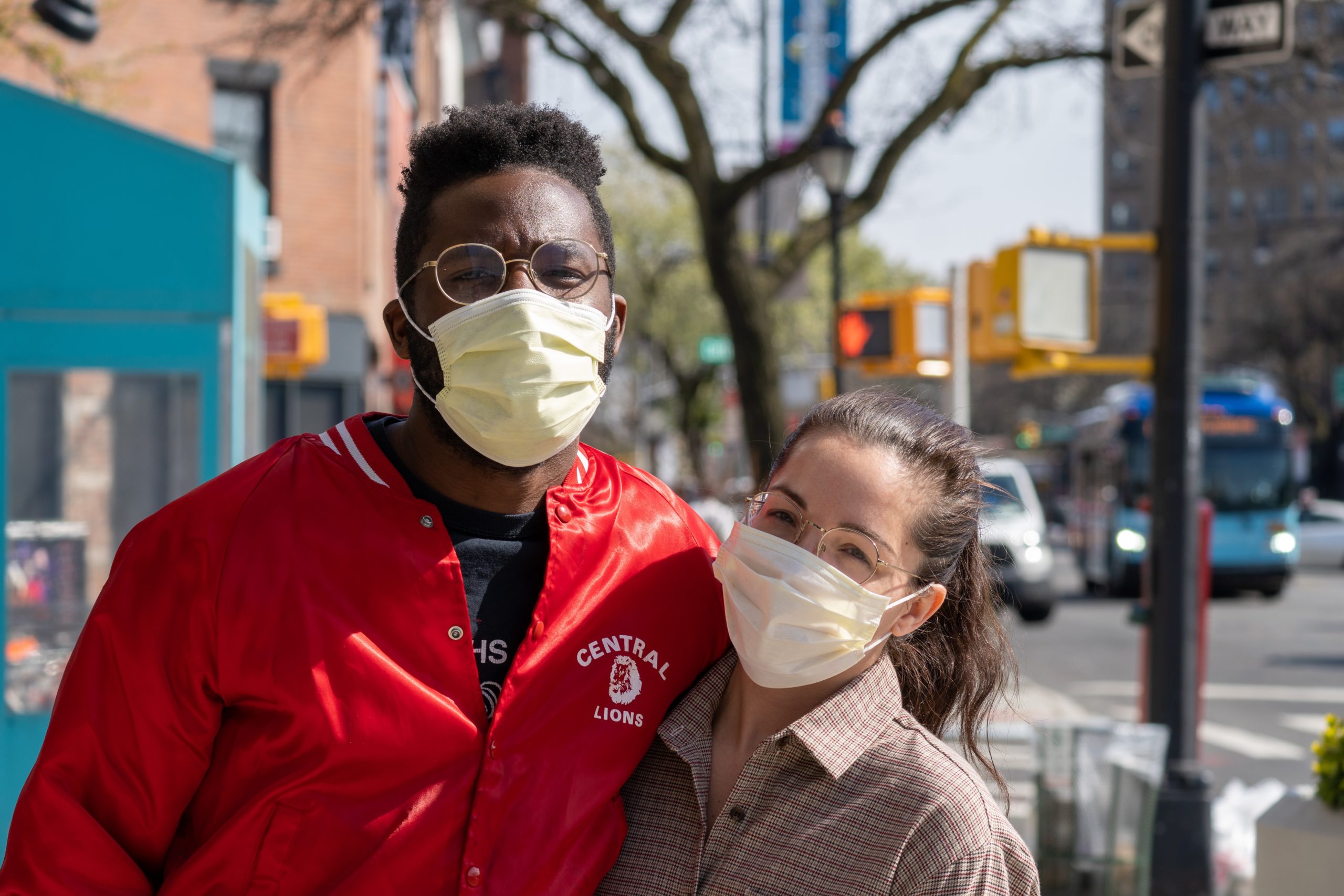
The Best Way to View the Pandemic, Two Years Into COVID-19
By: Tim Elmore
The name COVID-19 is derived from three words. The first syllable, CO, is taken from corona. The second syllable, VI, is taken from virus. The D is for disease. And the number 19, reminds us that the virus began in 2019 when we first heard about missteps in a lab in China. The first infections took place among Chinese people in late 2019, and thanks to how contagious the virus is and how quickly we can travel today, it didn’t take long for it to spread across the entire world.
It’s hard to believe in 2022, with the advances we’ve made in science, medicine, and technology, that we’re still wrestling with this virus after two years. And it’s still not under control. That’s no shorter than the Spanish Flu pandemic from 1918 to 1920, over a hundred years ago.
Why Could We Not Defeat This Virus Faster?
Regardless of what we believe about the evolution of science or even human evolution, the fact remains that people are people, whether living a century ago or today. Did you know during the Spanish Flu in 1918, people were wearing masks and researchers were working to create a vaccine? Sound familiar? I believe there are three factors that delay the defeat of a virus:
- We are social creatures who find it difficult to stay socially distant.
- We are autonomous creatures who don’t like mandates on masks or vaccines.
- We are creatures of habit who desperately want to return to our past routines.
Consequently, in January of 2022, COVID-19 hospitalizations reached a record high. Almost a million people have died in the U.S. either with COVID or from COVID. And we are enduring our third variant of the disease, perhaps with more to come.
I have two friends who’ve taken completely different stances on this pandemic. Tensions rose one afternoon when we all began to talk about a vaccination law. One friend argued that such a law was a violation of his freedom as an American. The other argued that for health and safety, (while he didn’t want more legislation) if it helped our country return to normal, he was for it. As you’ve likely seen, the issue has become politicized and spiritualized for millions. It is easy for me to see both sides, but it is sad for me to see how polarized our world has become. I think the polarization is more damaging than the pandemic.
So, what’s a healthy perspective to embrace on the pandemic at this point?
Three Metaphors
To get a handle on how to perceive our situation, I offer three metaphors. I’ve found metaphors enable me to comprehend complex subjects and see layers of reality that keep me from over-simplifying issues. I hope these will help you not only perceive our situation more soundly but talk about it more realistically.
- Storms and Seasons
In the spring of 2020, a team of social scientists began referring to the pandemic as a storm. They offered three layers to this metaphor. Layer one was to understand that we’d entered a blizzard—a long snowstorm that would last for months. The quarantine and masks would not likely go away in a few weeks. Layer two was to understand that the blizzard was part of a longer winter season. We should prepare ourselves for the long haul, knowing we may be living differently for 18 to 24 months. Layer three was to recognize it was likely part of a larger ice age that could last for four to six years. Life would be different for a long while. The first two of these metaphors were prophetic. It might be wise for us to mentally prepare for a new normal for longer than we first suspected.
- Boats and Weather
Several folks began using this helpful metaphor. Within months, we saw different people react uniquely to the pandemic, and some became judgmental of others who seemed to overreact to it all. The metaphor went like this: We’re all in the same boat, but we are not all in the same storm. For some of us, it’s been a light sprinkle. We quarantined with our spouse, cooked dishes from new recipes, and had time for loved ones that we hadn’t had before. For others, it was a downpour. It was scary to watch the news. They got furloughed, perhaps even got infected more than once. Still for others, it’s been a hurricane. Hospitalizations, lost jobs, even loved ones dying from COVID-19. It’s beneficial for me to remember that my storm may be lighter than others, and empathy is the proper response.
- War and Occupation
In 2020, people instantly began talking about our “war” with COVID-19. We were in a battle against the virus and to save lives as it spread. Once vaccines were available and millions got them, more variants surfaced, which forced us back into playing defense. I think it’s better to think of our time less as a war and more as an occupation. We’re living in occupied territory, which introduces and enforces unexpected prohibitions. It truly is a new normal. Remember when we had to get used to living in a new normal after 9-11 with TSA at the airport, taking off shoes and clothes before reaching our gate? It’s not that we lost the war with terrorism. We just found a way to live as we sought to diminish it. This is not a defeatist mentality. It is a realistic one that enables us to move forward.
May these metaphors spark good discussion with your team or your family. Let’s stop making silly promises like, “This will all be over by Easter!” Instead, let’s think long-term and thrive.






